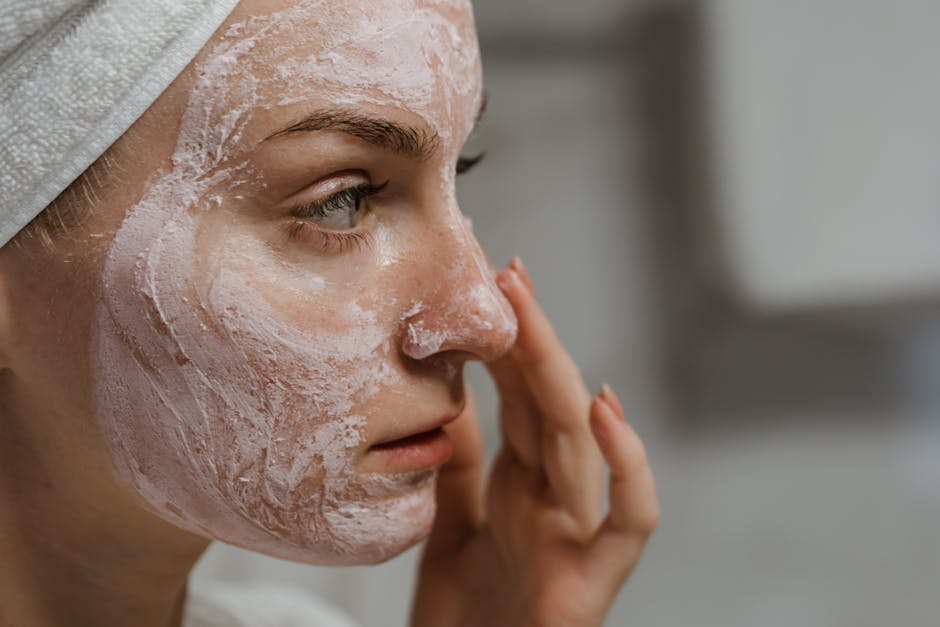
Understanding Exfoliation
Exfoliation is a skincare practice aimed at eliminating dead skin cells, revealing fresh and vibrant skin underneath. This process enhances the skin’s overall quality and appearance. Over time, skin cells can age, harden, and lose moisture, leading to a lackluster and dry complexion. Regular exfoliation helps to clear away these lifeless cells, fostering the emergence of healthy skin and restoring a youthful glow.
Types of Exfoliants
Physical exfoliants involve the use of brushes or gentle abrasives to create friction and slough off dead skin cells from the surface.
Chemical exfoliants, which include Alpha and Beta Hydroxy acids, glycolic acid, enzymes, and retinol, work by dissolving the bonds that hold skin cells together on the surface. For optimal results, it is advisable to seek treatments from an esthetician, who can provide professional facials over several weeks. However, enzymatic and hydroxyl acids are safe for at-home use and are commonly found in various skincare products.
Benefits of Exfoliation
During youth, skin cells typically renew every 25 to 30 days; however, this process can slow down significantly with age, extending up to 90 days. This delayed turnover can result in dull, thick, sagging, and dehydrated skin. By incorporating exfoliation into your routine, you can expedite the removal of dead cells, leading to improved hydration, firmness, and smoothness. This practice is particularly beneficial for mature and aging skin, as it accelerates cell renewal more effectively than the body’s natural processes.
Dealing with Dehydrated Skin
Dehydrated skin lacks sufficient moisture, often feeling tight and stretched. While many individuals may resort to heavy moisturizers to combat dryness, these products can leave old skin cells trapped on the surface, resulting in a dull and uneven texture. Exfoliation effectively removes these dehydrated cells, allowing deeper moisturization and hydration. Consequently, there is less need for thick creams, as the skin can better absorb moisture from lightweight products.
Exfoliation for Oily and Acne-Prone Skin
If you have oily or acne-prone skin, you may be dealing with up to five times more dead skin cells compared to those with normal or dry skin. These excess cells can clog pores, exacerbating acne issues. Regular exfoliation helps clear away these dead cells, unclogging pores and promoting a clearer, brighter complexion.
Addressing Skin Concerns Through Exfoliation
Various skin issues, such as sun damage, hyperpigmentation, or hormonal fluctuations, can lead to increased melanin production, resulting in dark patches. Exfoliation aids in the removal of these dark spots by accelerating skin cell turnover, preparing the skin for treatments that can diminish melanin production and promote a lighter, more even tone.
